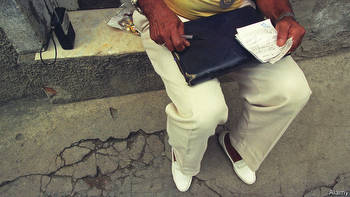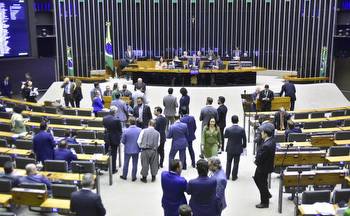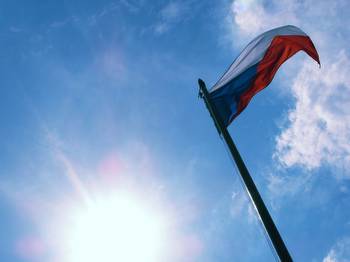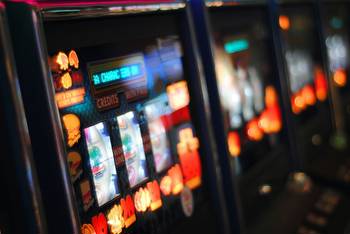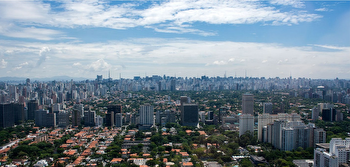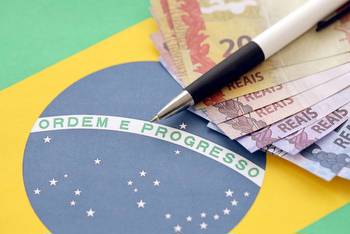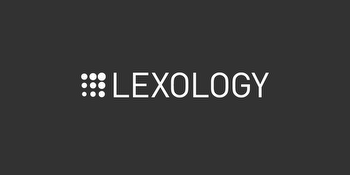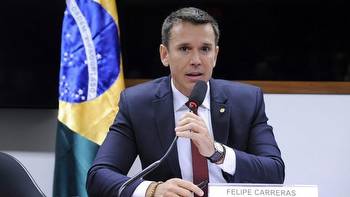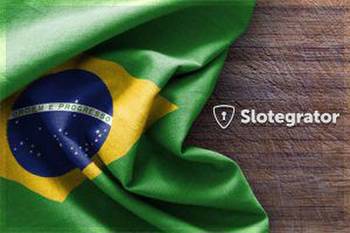Online casino included in imminent Brazil gambling regs

Bill No 3626/23 amends PM No 1,182 issued by Brazil president Luiz Inácio Lula da Silva in July. If passed, the law would keep in place the high tax regime brought in by the PM. This will maintain the original 18% tax on gross gambling revenue.
However, commentators previously pointed out that once additional mandatory contributions are accounted for the effective tax rate will run between 31% and 34%.
On top of this, the law will impose a 30% tax on prizes won over R$2,112 (£342/€398/$427).
The maintenance of the high tax rates no doubt will be a blow to Brazil’s gaming industry. The sector largely responded negatively to the original PM, with many criticising the tax rate for being too high.
Brazil gambling bill product of horse trading in Congress
The proposed law includes several of the 277 amendments to the PM put forward by Brazilian legislators. This draft of regulations follows weeks of discussions by party leaders.
The bill was proposed by the rapporteur charged with putting together the bill, deputy Adolfo Viania. However, the text itself was a product of the negotiations and was written by the government.
Due to Brazil’s parliamentary schedule, the bill must be voted on today for it to pass.
As outlined in iGB’s World Series of Politics podcast, the Provisional Measure has faced opposition from different sections of Brazilian society in its time in Congress.
Online casino included in latest draft
In addition to maintaining the high tax burden, one of the main changes is igaming would also be regulated on top of sports betting.
This represents good news for the Brazil gambling operators because the status of online casino since the introduction of sports betting regulations had previously been ambiguous.
According to the bill, players would be allowed to place bets on online games in addition to real sporting events.
An online game is defined in the text as an “electronic channel that enables virtual betting in a game in which the result is determined by the outcome of a random future event, based on a random generation of numbers, symbols, figures or objects defined in the system of rules”.
The bill also maintains the R$30m licence fee imposed on operators that want to launch their offerings in Brazil.
In the proposed law Viania highlighted the bill as a step forward – but argued that further work may be required to fix all the remaining problems.
“The legislative innovations proposed by the executive branch are important and positive, but they do not resolve all the issues that, as we understand, are important and necessary to guarantee the fair and safe exploitation of fixed-odd sports betting in our country,” he said.
Nevertheless, Viania said the draft law was a step forward towards a “more robust” text. As such, he urged lawmakers to approve the bill which aims to “expand and improve the regulatory framework” for gambling in Brazil.













